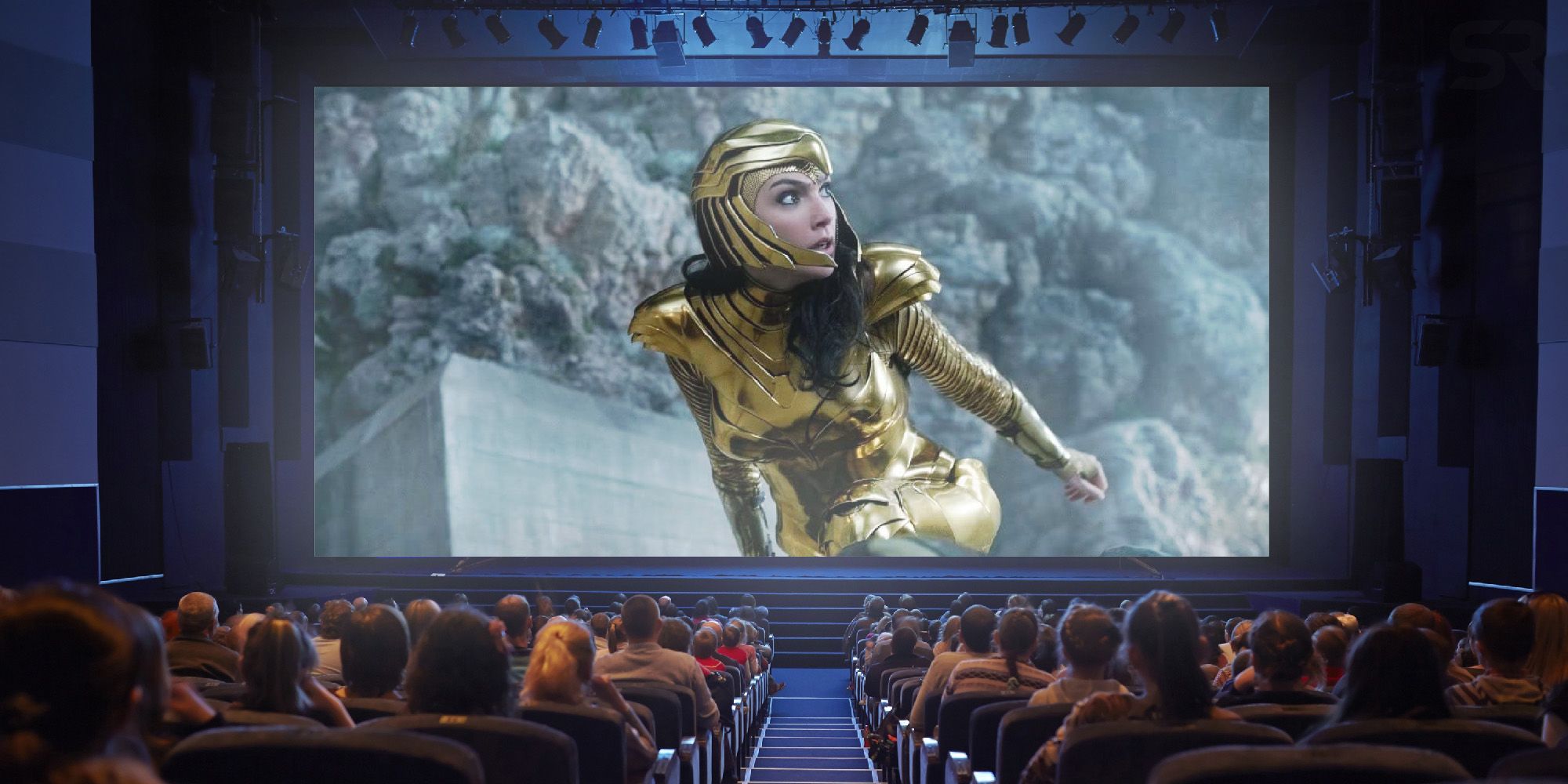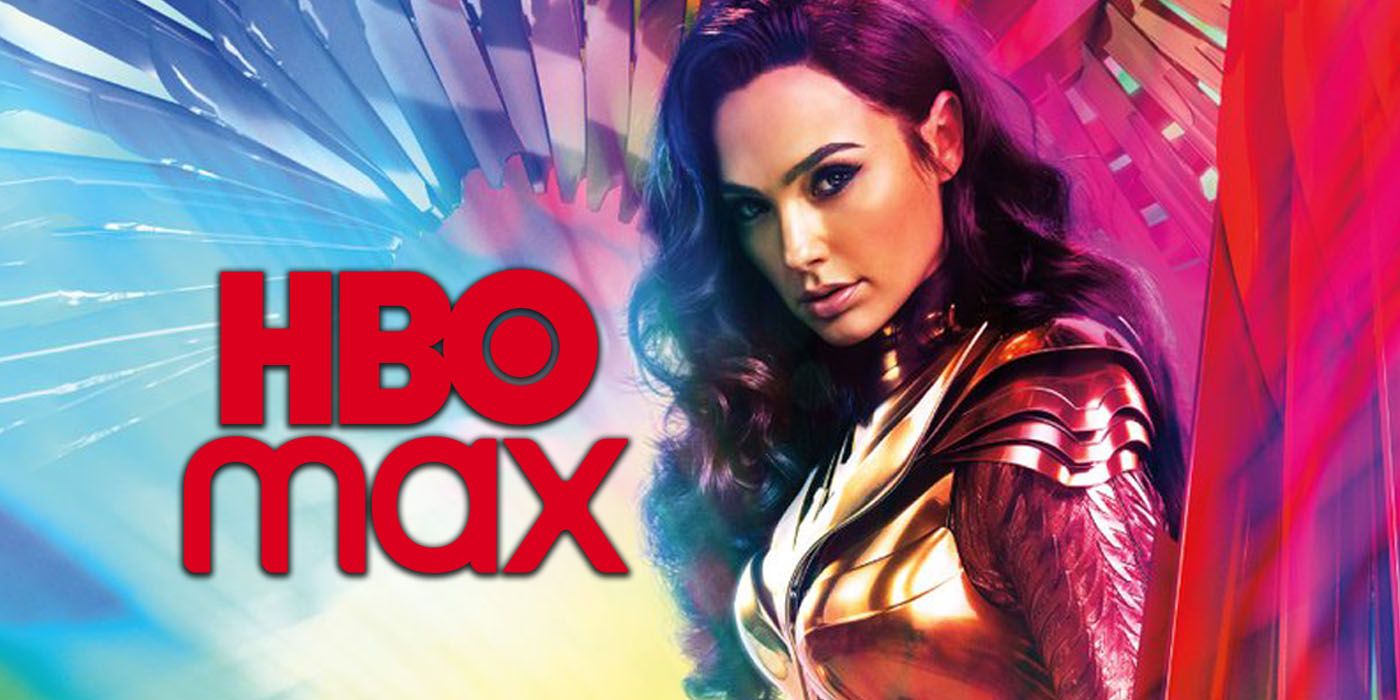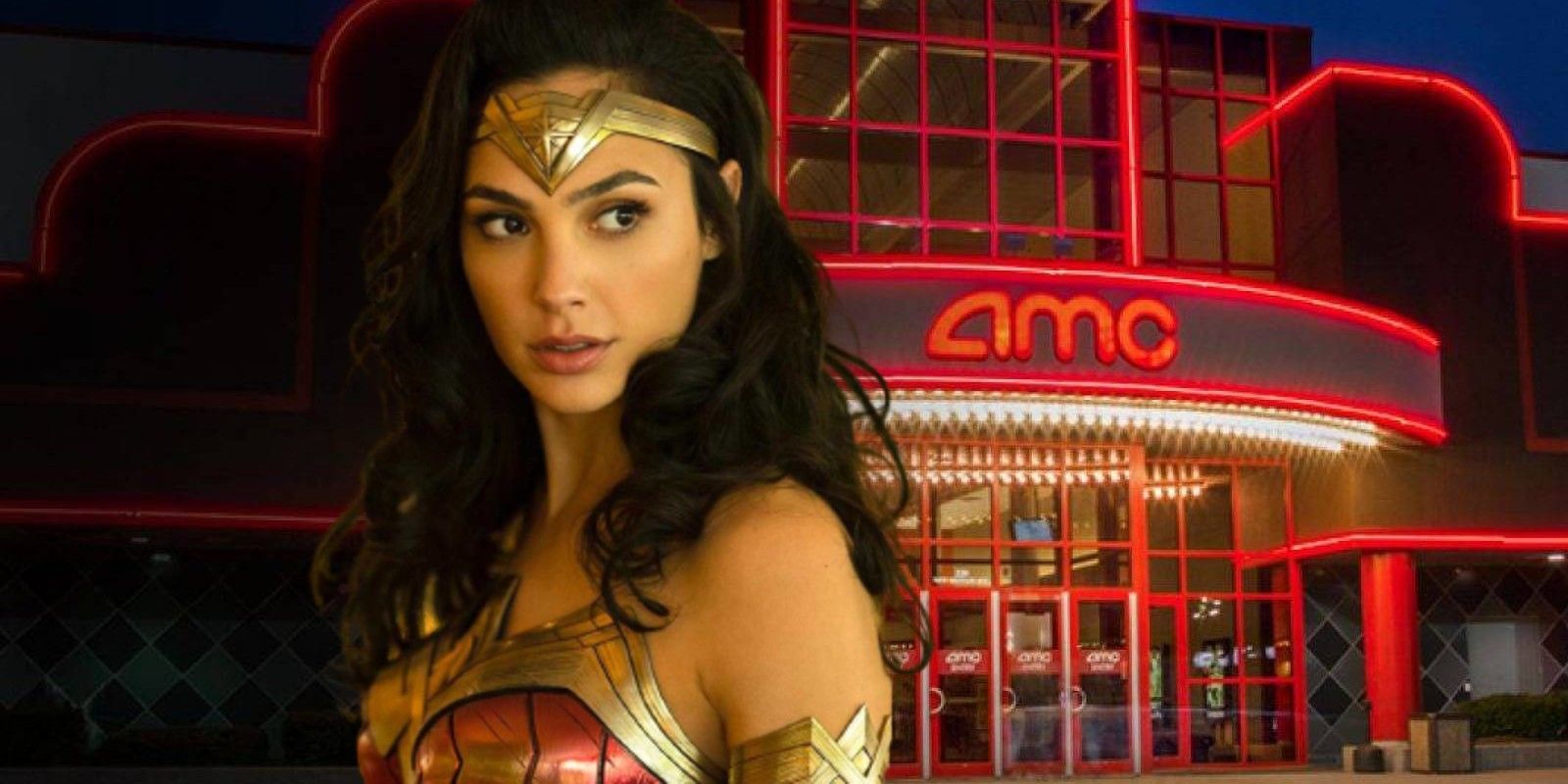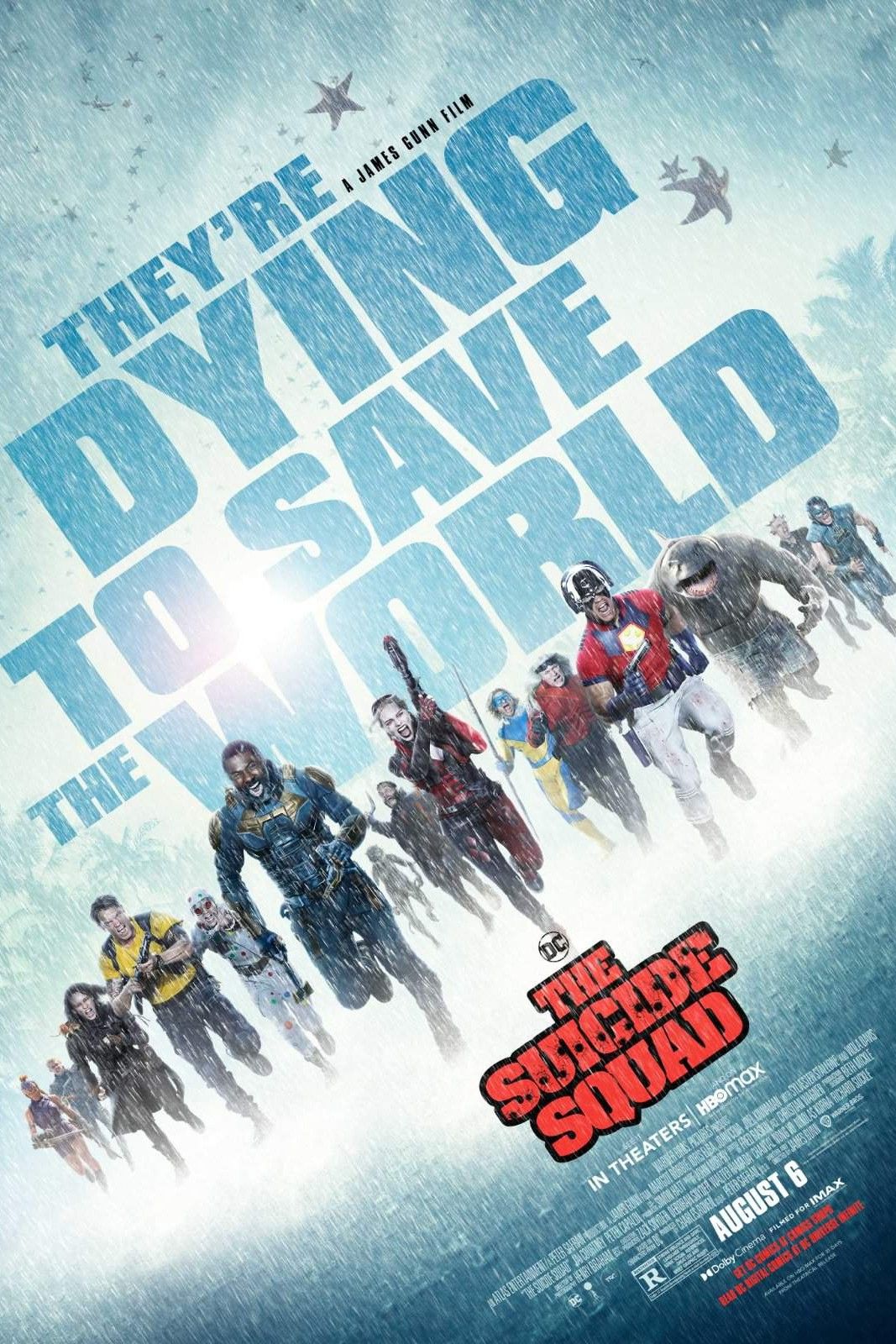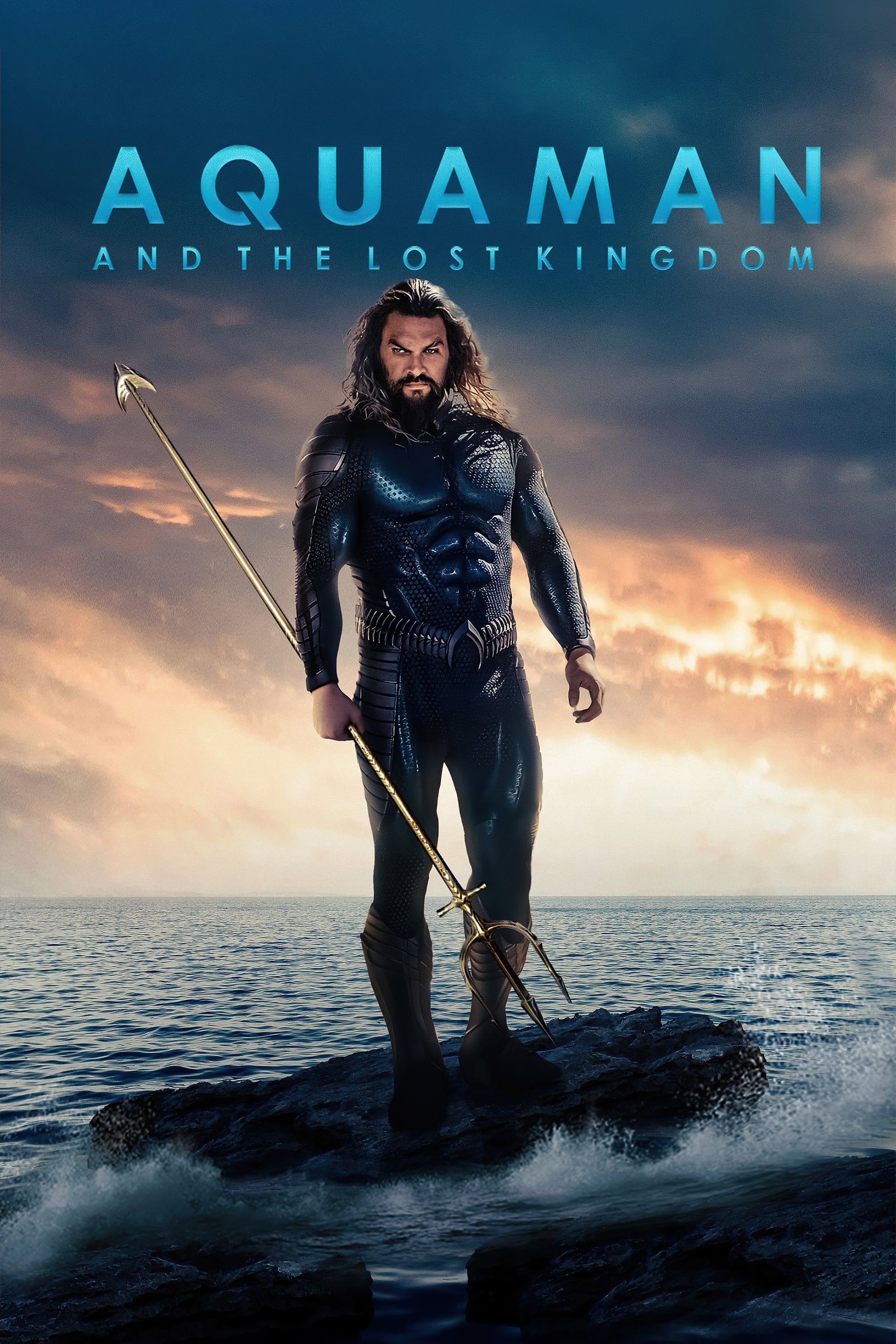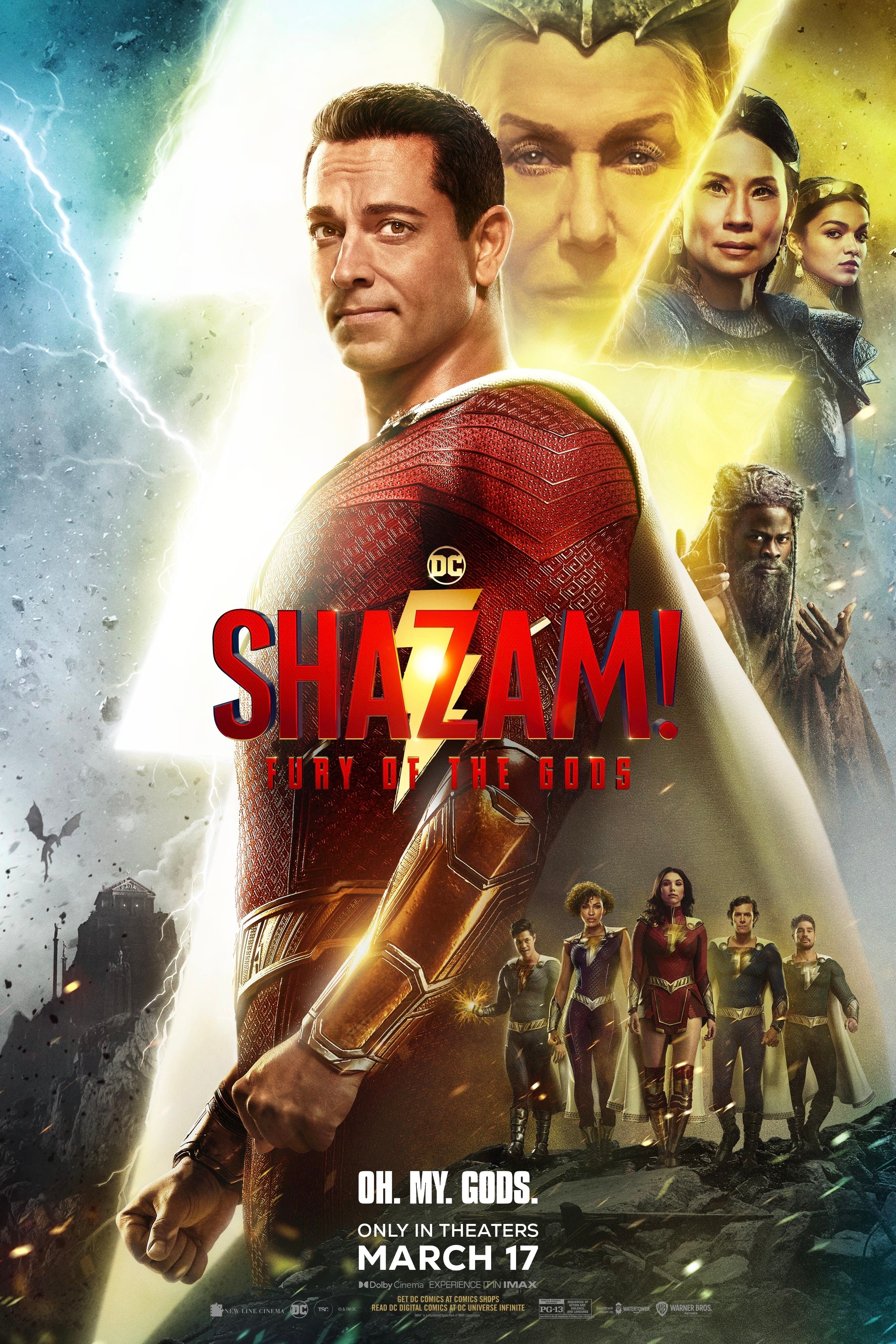With Wonder Woman 1984 being among the first to endure a simultaneous streaming and theatrical release model, a question naturally emerges in regards to whether such a factor was to blame for the film's polarizing audience response. After garnering a solid critical response ahead of its official release, the film soon lost its Certified Fresh rating on Rotten Tomatoes days after becoming available to the public. What caused this precipitous drop in reviews? Did the unprecedented release methods undercut the film's chances at success, or did the film do that all by itself?
In this follow-up to 2017's Wonder Woman, the titular hero is shown in 1984, where Diana encounters a wish-granting artifact while working at the Smithsonian. When the nefarious Maxwell Lord (Pedro Pascal) takes this Monkey's Paw talisman for himself, he sets in motion a cataclysmic series of events that threaten life itself. Naturally, Diana must overcome her foes as well as her own personal attachments in order to save humanity. In the end, it's her plea to the citizens of the world that they renounce their many Dreamstone wishes for the sake of each other that saves the day. A perfectly reasonable answer to its predecessor, following similar themes and morals, Wonder Woman 1984 should've been dissected for its merits as a film alone.
But when the film was announced as Warner Bros' pioneer for their newly-inked deal with HBO Max, this unprecedented move suddenly demanded attention. Would a blockbuster tentpole superhero film mesh with the streaming platform? Would the simultaneous release undercut theatrical revenues and box office figures? Can this canary still be heard echoing through the coal mine? In point of fact, the film still earned the highest box-office mark of the pandemic, so questions as to its success must account for this objective win on the part of the film. Yet audience response has continued to polarize: some fans love the fresh take on the franchise available directly from their living room couches, others decry its several flaws. But would these issues be reconciled by a traditional release structure?
How Wonder Woman 1984's HBO Max Release Impacted The Reaction
A tentpole film is meant to hold up a studio's bottom line. It's the most bankable project in their arsenal, whose financial success is almost predetermined from conception, and which will largely pay for the inevitable losses they incur on riskier, smaller properties. Wonder Woman 1984 fits this description, boasting a built-in audience from the character's vast fanbase, continued patronage from viewers of the previous cinematic installment, and a sizable budget to support the gravitas of such an event-film. When, however, Warner Bros sold to HBO Max the distribution rights for this and other projects in their pipeline, they did so at a price they hoped would offset the lost revenue they'd incur by undercutting their theater box office. What they failed to account for was the way in which this model would clash with the nature of their tentpole film.
A significant part of the allure for recent tentpole films is the theater experience. Films like those in the Star Wars sequel trilogy, MCU, or even Nolan blockbusters share in one defining characteristic: spectacle. The IMAX screens, the two and a half hour runtimes, the massive effects budget: all these together form much of the impetus for audiences to get up off their couches, into their cars, and spend exorbitant amounts on popcorn and soda. But the pomp and circumstance of a tentpole film can be removed by watching it the same place you get C-SPAN, removing something important is lost from the experience. The spectacle is gone.
This lost component extends further than merely missing out on bone-shaking audio and a stunning visual experience. Without these distractors, audiences are left to nitpick each and every story decision the film makes. With the ability to pause the movie at their discretion, home audiences were apt to stop and consider the ethics of Steve Trevor's return, the nuances of Pascal's hammy turn as Max Lord, and plenty of other quirks and gaffs that present themselves in the movie. Though focusing on these ancillary components misses the point of a blockbuster action-packed superhero flick, they suddenly become viable concerns in the absence of spectacle.
Wonder Woman 1984 Would Still Have Been Divisive In Theaters
This is not, however, to say the screen itself is more important than the movie playing on it. At Hollywood's core, there's been a long-cherished (though recently challenged) belief that a good movie is simply a good movie, and the rest of the frills and celebration are just window dressing. If Wonder Woman 1984 had played exclusively on streaming platforms, perhaps it could be decisively stated that it was this which doomed its success. But it didn't. The addition of WW84's theatrical performance, challenges the notion that its divisiveness was merely a product of an unfortunate rollout.
Whether it had enjoyed a traditional release or not, Wonder Woman 1984 still would have most certainly drawn criticism from some inquisitive fans as to why Steve Trevor was brought back, and whether Diana's reunion with her lost love constituted assault against Steve's unwitting host. Audiences and critics would have had ample opportunity to criticize the film's lack of action sequences, and its failure to recapture the lightning-in-a-bottle from its predecessor's No Man's Land scene. Some might still have enjoyed the change of pace from the 2017 film, relishing in the role reversal that finds Diana introducing a bewildered Steve to the eighties rather than Steve showing the all-powerful, yet situationally ignorant Diana how the world works in the early 20th century. Yet others still may have lamented the lack of capitalization on eighties aesthetics, a trendy decade which deserved far more needle-drops than it got in the film.
Ultimately, the unprecedented release model of which Wonder Woman 1984 became the unwitting champion played a not-insignificant part in the film's divisive critical and audience reception. The home medium undercut its theatrical release, and the loss of spectacle revealed cracks in a story that would've otherwise righted itself by delivering on action sequences and familiar genre elements. But at the end of the day, a film's worth is mostly determined by the film itself, and the issues and strengths which define WW84 would have persisted in a nominal release model just as they did in its present theatrical component.

